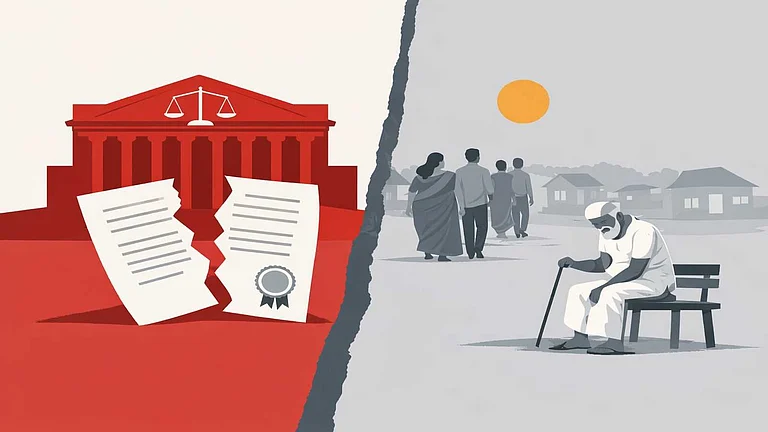It helps to get your financial house in order and there are several experts who can help you do that. But, it will be in your interest to act on some bit of planning at your own end; do not leave all your financial matters for others to sort – it’s your life and money. So, never sign on an insurance policy proposal without reading what it is all about. Likewise, do not blindly save money in tax saving instruments without understanding how it will work for you. Here are a few pointers to get started with.
Emergency funds Create a separate savings stream where a few months’ household expenses are kept aside to fund during an emergency.
Easy credit If you are unable to get a handle on investments, start with something that you understand like investments-returns by way of dividends. Interest or dividend-bearing instruments will ensure a regular income. This would work in times of emergencies when you may need to borrow money.
Retirement funds Your post-retirement income may not be sufficient to take care of you and your spouse. And remember, that money will have to stretch to cover your needs as well if your spouse predeceases you. If you are employed, make some retirement investments apart from contributing to a combined retirement goal. Make sure these are tax efficient to invest as well as earn from.
Estate planning Do not leave it to chance. Even if your savings and investments are small, make sure that it is well documented to reach your dependents and nominees without any difficulty.
Medical emergency At any given moment be adequately insured to face medical emergencies. Poor health can hit you badly; do not compromise on taking health insurance.
So, there you have it – five compelling reasons for you to take an active interest in your finances, and to eschew a hands-off policy.
PLAN RECAP
● Till 40: your risk appetite is high. Go for higher-risk, higher-return investments like growth mutual funds, equities and real estate, after mandatory out-lays for retirement, insurance and emergencies
● 40 to 50: your savings have built up. Supplement with lower-risk options like income funds and bonds
● Past 50: retirement, children’s higher education, medical costs... Put all in lower-risk investments
● 60 plus: Stay away from high-risk assets
First published in Outlook Money, 15 June 2004













